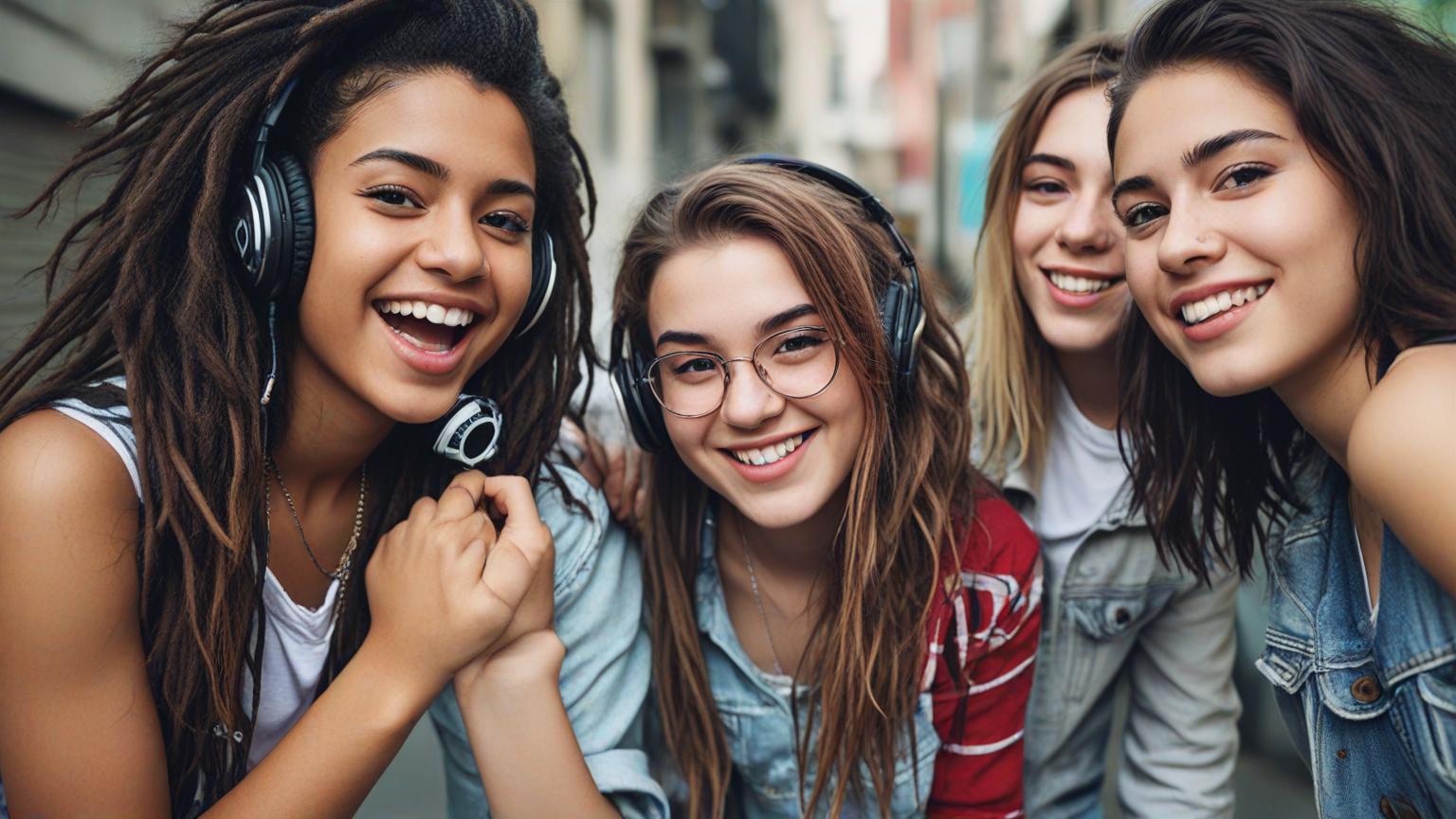It's a common trope that each generation seeks to carve its identity, often through music. While previous generations have claimed vinyl, mixtapes, or iPods as their own, Gen Z is using the limitless potential of digital platforms to redefine what music can be—often blending genres and defying expectations. The rise of digital media has dissolved geographic and cultural barriers, allowing young artists to explore and innovate in unprecedented ways. This movement spans across continents, influencing everything from pop to punk, and creating a global sonic revolution.
The industry insiders at Pitchfork and The Fader have observed a burst of new subgenres led by young artists who refuse to comply with industry norms. From hyperpop—a chaotic mix of distorted beats, sugary melodies, and autotune, drawing influences from early 2000s pop—to the trap-infused, diary-like lyrics of bedroom pop, Gen Z is crafting the soundscape of the future. Artists like 100 gecs and beabadoobee capture this avant-garde spirit, becoming pioneers of their respective genres.
Meanwhile, platforms like Stereogum and NME frequently spotlight how Gen Z's global connectedness has fostered collaborations that blur traditional genre lines. A feature from Consequence emphasizes how international acts, such as BTS incorporating American hip-hop or Rosalia blending flamenco with reggaeton, indicate a pivot towards a more syncretic musical era. These dynamic musical fusions reflect the melting pot of identities found in young audiences today.
Despite this innovation, there is a noticeable challenge reflected on Hypebot—the over-saturation of the music market. Young artists face the need to differentiate themselves in an era where new music is released every Friday on Spotify's New Music Friday playlist. Various blogs and reviews underscore this pressure, yet they also highlight that the DIY ethic, embraced by Gen Z artists, is their ally. With democratized music production tools and social media marketing, these artists are self-reliant, adaptive, and fiercely independent.
Equally important is the break from traditional lyrical themes. Gen Z songs often lean into introspection, magnifying issues like mental health, identity, and social justice. Their music, mirroring today's social climate, is raw and honest, resonating with a large audience seeking authenticity. In this movement, storytelling becomes a potent instrument, offering a glimpse into the artist's mind.
This new era of music surprises at every corner, inviting listeners to question and rethink their tastes, much like investigative journalists chasing the next big revelation. As we move deeper into the 21st century, it’s clear that Gen Z's musical innovation, combined with the accessibility of digital platforms, will continue to challenge and inspire listeners and creators alike.
The question remains: how will the music industry adapt to harness this boundless creativity? It is a journey worth following closely.
The sonic revolution: how Gen Z artists are redefining music genres

